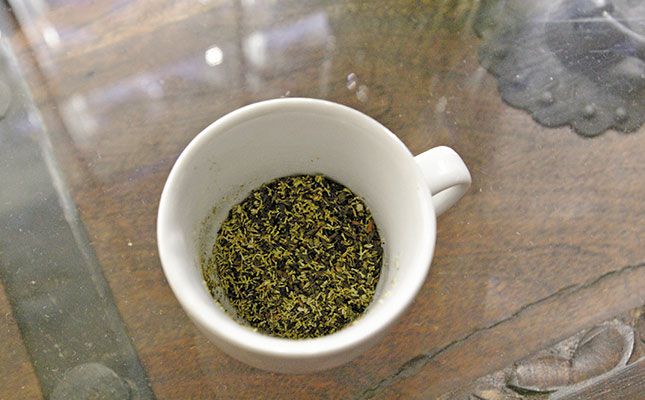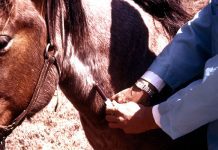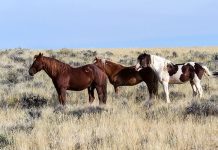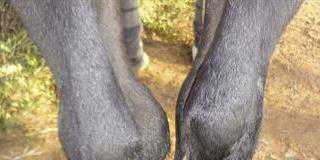
The ‘chamomile mare’ snaps its ears back and bears its teeth. It is the spiteful mare. The ‘chamomile gelding’ is moody and easily irritated. In other words, if you have a horse that has a tendency to grab things out your hand and pull its ears back at the same time, it’s in need of chamomile.
Chamomile is the common name for several daisy-like plants of the Asteraceae family that are commonly used to make a herb infusion to help induce sleep. As far as horses are concerned, its sedative properties are very safe and effective, and it can be used during competitions, as it does not compromise performance. It’s also good to know that a nervous rider will find courage in a cup of chamomile – yet it’s not a prohibited substance!
Chamomile is an annual herb with white flowers and feathery leaves. The herb contains magnesium phosphate, calcium phosphate and potassium phosphates. This is why it is good for bone and muscle ailments. For horses, the flowers are used either dried or fresh. To treat sweet itch or almost any skin irritation, make an ointment by adding the herb to a good base cream. I like to use Synacare, to which I add a carefully prepared tincture of chamomile.
Make a tea
Chamomile is also an anti-inflammatory, anti-spasmodic and antiseptic herb. Cuts, grazes and surgical wounds respond well to it. Make a tea of the flowers and apply to any skin or mucosa inflammation. Add 100g of dried herb to 10l of water, boil for 10 minutes, then let cool. Bathe inflamed skin, or use as an antiseptic wash for wounds. This tea can be bottled and kept frozen for three months for emergencies. Remember to date the bottle.
Tincture and oil
If you have a horse that suffers from gas colic or nervous colic, a tincture given at the rate of 10 drops an hour will help alleviate discomfort and stress until your vet arrives. If you only have the tea, you can give your horse 100ml every 15 minutes. Adding 10 drops of Bach Flower Rescue Remedy to the tea will also help.
The volatile oil will do wonders for an inflammation and irritation of the respiratory tract. Add 20 drops of oil to a small amount of damp, hot hay, place in a bag, hang on the head collar, and let your horse inhale the oil. The hay should be out of reach of the horse, but if it is eaten, this is not serious. If your mare develops a sore udder while weaning its foal, make a compress with chamomile to soothe the swelling.
Between 30g and 50g of the herb a day will help a horse that is prone to loose manure. Plant chamomile around the stables, so that it is easy to find in an emergency. Remember, though, to never spray your herbs with pesticides.













